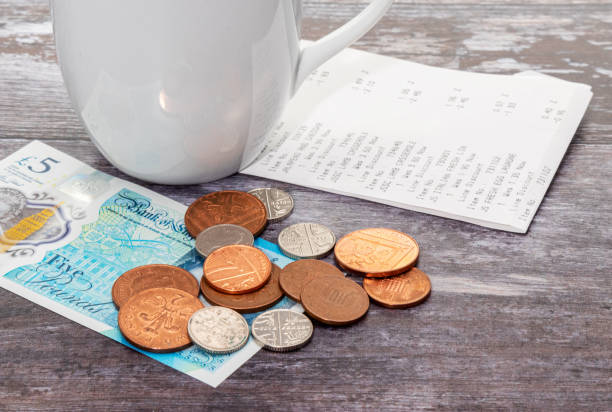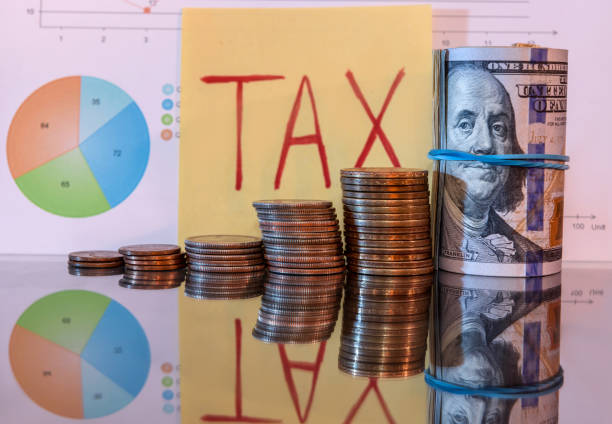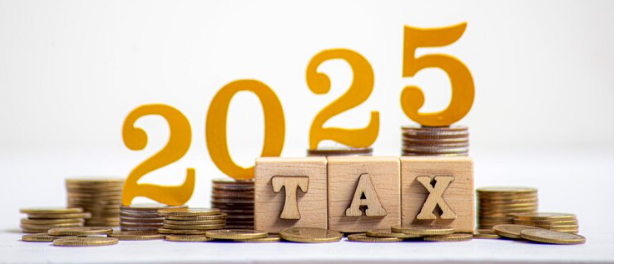Is an IVA Right for Your Debt? Key Factors to Consider
If you’re struggling with overwhelming debt, you’re not alone. Many UK citizens face financial challenges at some point in their lives. One solution that can help you regain control of your finances is an Individual Voluntary Arrangement (IVA). However, it’s important to assess whether an IVA is the right choice for your unique situation. In this blog, we will walk you through the key factors to consider when deciding if an IVA is the best way to address your debt problems.
What is an IVA?
An Individual Voluntary Arrangement (IVA) is a formal, legally binding agreement between you and your creditors to repay a portion of your debts over a fixed period, typically 5-6 years. Once the IVA is completed, any remaining eligible debt is written off. It’s often considered an alternative to bankruptcy and can help maintain financial stability while allowing you to clear your debts.
1. Assess Your Debt Situation
The first step in determining whether an IVA is right for you is to assess the amount of debt you owe. An IVA is generally suitable if:
- You owe at least £6,000 in unsecured debts.
- You have two or more creditors.
- You can afford a regular monthly payment (typically at least £70).
If your debts exceed your ability to repay them, and you’re finding it difficult to keep up with monthly payments, an IVA could offer a manageable way out. Maintaining financial stability is a key benefit of an IVA, as it consolidates your payments into a single monthly amount that fits your budget.
2. Consider Your Current Financial Situation
When assessing whether an IVA is suitable, it’s crucial to evaluate your monthly income and expenses. If you’re unable to meet your debt repayments and other essential costs, an IVA may be a solution. However, if your income is irregular or you have very few assets, bankruptcy might be a more appropriate option.
For those facing financial challenges, pensioners, retirees, or people with regular but low incomes, an IVA can provide a structured way to tackle debts without resorting to bankruptcy. Your insolvency practitioner (IP) will help you evaluate your financial situation and determine the best approach for your needs.
3. Consider the Impact on Your Assets
One of the key benefits of an IVA is that it allows you to retain most of your assets, such as your home and car. However, there are exceptions. In some cases, you may need to release equity in your home to help pay off creditors. If this is a concern, discuss it with your IP to understand how it will affect your situation.
If you’re concerned about losing assets, bankruptcy may be a more drastic but necessary step. But for many UK citizens, an IVA provides a solution that helps protect essential assets while repaying debts.
4. How Will an IVA Affect Your Credit Rating?
An IVA will have a significant impact on your credit rating. It will remain on your credit file for six years from the date it is approved, even if you complete it early. During this time, accessing new credit may be difficult. However, the benefit of an IVA is that it provides a clear path to financial recovery, allowing you to rebuild your credit after the IVA is completed.
If you need immediate access to credit or are concerned about the long-term effects on your credit score, bankruptcy might be a better alternative to consider.
5. Do You Want to Avoid Bankruptcy?
If you’re looking to avoid bankruptcy, an IVA can be a great alternative. Unlike bankruptcy, an IVA allows you to maintain more control over your assets. Maintaining financial stability during this time is crucial, and an IVA helps you do just that by reducing the risk of asset loss while allowing you to manage your debt.
If bankruptcy seems like too extreme a step, an IVA can help you resolve your financial difficulties without the public consequences of bankruptcy. However, it’s important to weigh the long-term implications and consult with a professional to determine the best path forward.
6. What Are the Risks of an IVA?
While an IVA offers significant benefits, it’s not without risks. Some potential drawbacks include:
- The possibility of extending the repayment period if you cannot remortgage your home.
- The potential for creditors to reject the proposal.
- A significant impact on your credit rating.
That said, if you stick to the agreed repayment plan, you can clear a substantial portion of your debt, which may make the risks worthwhile for many people.
Conclusion: Is an IVA the Right Solution for You?
If you’re considering an IVA, it’s essential to carefully assess your financial situation, the amount of debt you owe, and the impact on your assets and credit score. For many UK citizens, an IVA offers a structured way to manage and eliminate debt while avoiding the more drastic step of bankruptcy.
At Apply for IVA, we specialise in helping individuals assess whether an IVA is the best solution for their debt problems. Our team of experts can help you navigate the process and guide you toward financial recovery.
Take the First Step Today
If you’re ready to take control of your debt and maintain financial stability, contact us today for a free consultation. We’re here to help you make an informed decision about whether an IVA is the right option for your financial future.
#IVA #DebtHelp #UKCitizens #FinancialStability #BankruptcyAlternatives #DebtSolutions #Pensioners #Retirees #IndividualVoluntaryArrangement #DebtRecovery #ManageYourDebt







